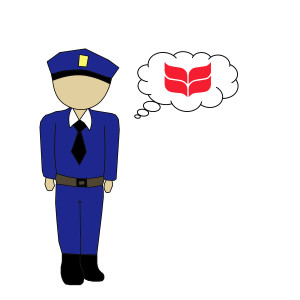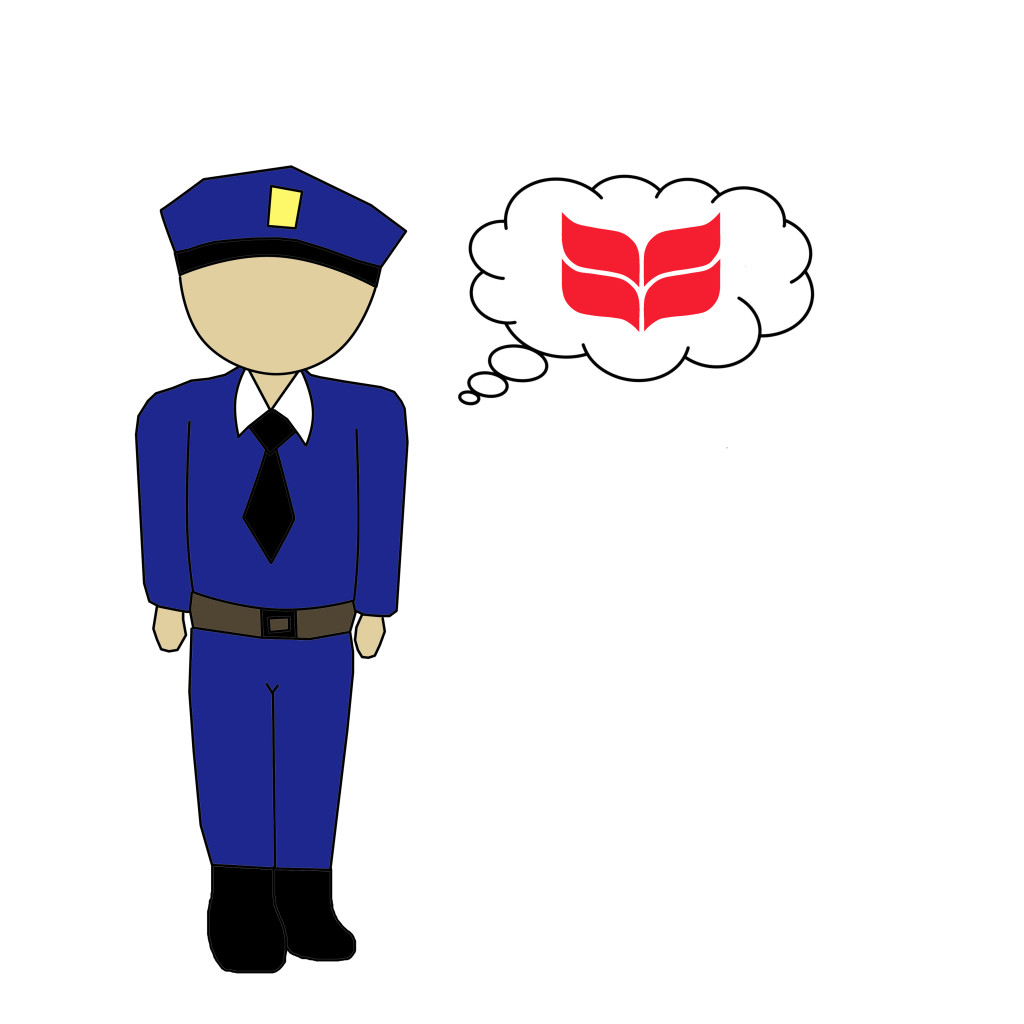Keli Vitaioli
vitaioli@grinnell.edu
Typical citizens tend to be a little wary of the police. Everyone has experienced the moment of slamming on the brakes at the sight of a black and white Crown Victoria or shifting their eyes away from the gaze of an officer to appear innocent — most of the time without having committed even a class Z crime. Students at Grinnell are no different, and everyone is bound to be talking if a uniformed officer is spotted on campus.
However, in Grinnell Police Department (GPD) Captain Theresa Peterson’s opinion, there is no reason for this uneasiness. Grinnell is nowhere near needing the level of police involvement as some other larger universities. She believes the police department may be present on campus once a week, but most of the time that may just be on a usual patrol and not in response to any issues.
“We do a lot of outreach throughout the year so people have an idea of what we do,” Peterson said. “We’re not always there to arrest you and take you to jail.”
The police like to maintain a strong relationship with Campus Safety and Security. When they are called to campus, typically Campus Security is given a heads-up. The police will often use Campus Security as a resource and vice-versa.
“Working with [Campus Security] is a comfort when the calls have to do with the dorms themselves because students don’t tend to like to see us wandering the halls,” Peterson said. “And we wouldn’t be in those halls anyways unless we’re called because we have no way of getting in.”
The more well-known Campus Security faces tend to put students at ease when police are on campus and their cooperation helps both departments keep the students and community safe.
“When [Campus Security] gets a call, whether it is a theft or someone was trying to take pictures in the shower, they know whether it is criminal or something they can take care of, and they usually give us a call,” Peterson said. “Then we can take care of it from that point, because they don’t have any authority in criminal matters to arrest somebody.”
With larger, and more notoriously substance-based events happening on campus, the police department is given a heads-up and is invited to work with students to ensure safety there.
“In general, Jen Jacobsen and the Wellness Committee are very good about calling us and asking if we would like to meet.” Peterson said. “We talk to the coordinators about what to expect from the police or how we are going to be taking care of things. Years ago, that never happened where it does now, and that way … we make sure [the events] are happening in a safe way.”
The police department increases their presence on campus for 10/10 and Block Party, but most events just require ensuring the officers on duty are aware of what is occurring that evening and are equipped to respond.
When questioned about how to react or prevent events such as the trucks driving through campus badgering students, Peterson addressed issues that occur in many police incidents and not just on campus.
“You can see that in town as well. It is not just the College where that kind of thing happens,” Peterson said. “And we do our best to figure out who they are and try to stop it, but a lot of times there is not enough information for us to even follow up on. We do put in a call for service and keep track so we can hopefully find out who is doing it and take care of it, but the campus is not isolated in those incidences.”
To Peterson and the police department, the College is just another community in their jurisdiction. When the campus needs special attention, they are willing to give it, but otherwise they just want to maintain safety throughout the town.
“In general if you see us out [on campus], it’s not necessarily because there’s something wrong,” Peterson said. “You don’t have to be paranoid when you see us. Sometimes we’re just up there because it’s a nice day and [we] want to go for a walk.”






























































